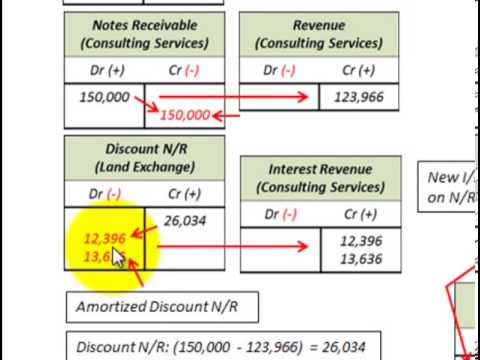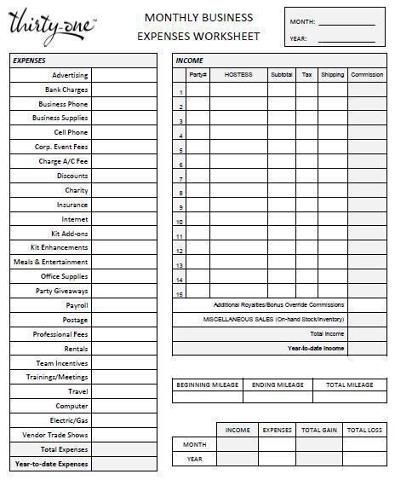Content

By definition, accruals occur before an exchange of money resolves the transaction. As the name implies, this type of accounting firm does annual audits, investigates accuracy of financial reports, and ensures a company’s compliance with the regulatory policies. With double-entry bookkeeping, you create two accounting entries for each of your business transactions. Accounting refers to the analysis, reporting and summarizing of the data that bookkeepers gather. Accounting reports give a picture of the financial performance of a business, and determine how much tax is owed. Cost Accounting.Cost accounting is a defined stream of managerial accounting used for ascertaining the overall cost of production. It measures, records and analyzes both fixed and variable costs for this purpose.
Tax accounting focuses on the preparation of annual tax returns. Cash accounting focuses on business transactions involving cash.
Liability accounts
Each branch has its own specialized use that reveals different insights into a business’s financial status. Brainyard delivers data-driven insights and expert advice to help businesses discover, interpret and act on emerging opportunities and trends. This is the second part in an ongoing series of articles diving into accounts and how they are used in the context of accounting. Accounts payable represent money that your small business owes. Accounts payable usually come in the form of bills or invoices from others vendors or service providers.
Also, the audit confirmed that the internal controls are effective. Auditing primarily aims to ensure that all the financial records of our company statements are accurate and have followed the regulatory guidelines.
Financial accounting
Fiduciary accounting is the management of accounts and activities related to the administration of a business’s property. Fiduciary accounting documents all disbursements made by the executor of a trust, estate, guardian or conservatorship; https://online-accounting.net/ it also allocates all transactions between principal and income. In addition, fiduciary accounting plays a key role in receivership, which occurs when bankruptcy or a similar event requires the appointment of a custodian of business assets.
The bookkeeping transactions can be recorded by hand in a journal or using a spreadsheet program like Microsoft Excel. Most businesses now use specialized bookkeeping computer programs to keep books that show their financial transactions. Bookkeepers can use either single-entry or double-entry bookkeeping to record financial transactions. Bookkeepers have to understand the firm’s chart of accounts and how to use debits and credits to balance the books.
Accounting Systems & Rules
Depreciation applies to a class of assets known as fixed assets. Fixed assets are long-term owned resources of economic value that an organization uses to generate income or wealth. Credits are accounting entries that increase liabilities or decrease assets. They are the functional opposite of debits and are positioned to the right side in accounting documents. Carefully assess your business- what finance and accounting support would you need and what would your resources allow you to get. With a variety of accounting firms to choose from, make sure you pick the right type you need to set you up for success.
- Management accounting information is especially important in operating an enterprise, and at the same time serves to control and evaluate that business.
- It even keeps records of the public funds coming into government accounts.
- Fixed CostFixed Cost refers to the cost or expense that is not affected by any decrease or increase in the number of units produced or sold over a short-term horizon.
With NetSuite, you go live in a predictable timeframe — smart, stepped implementations begin with sales and span the entire customer lifecycle, so there’s continuity from sales to services to support. The costs of producing a product for a business can be categorized as fixed and variable costs. Remember public companies in the U.S must follow the Generally Accepted Accounting Principles when compiling their financial reports for investors. Before setting up your expense accounts it is a good idea to consult your local tax laws as they may have certain categories that you’ll have to adhere to. A credit card is an indispensable tool for a small business owner. In fact, it is quite normal for a small business owner to have multiple credit cards.
Accounting Cycle
Tax accounting focuses on the preparation of annual company tax returns, for which revenue and expenses must be recorded and reported in accordance with the Internal Revenue Code. Tax accounting also identifies opportunities to legally reduce a company’s future tax burden and may be charged with analyzing any business decisions related to federal, state and local taxation. Accounting — underpinned by accounting software — helps the financial team and executive leadership understand the Different Types of Bookkeeping Accounts and Their Specifics company’s financial position and how it relates to the work they do. Operations managers, for example, can gain insight into the value of a company’s inventory on hand, as well as the cost of raw materials and other goods that go into making a company’s products. Likewise, sales managers can see whether revenue projections are being met, and human resources teams can track spending on payroll and benefits. If you use cash accounting, you record your transaction when cash changes hands.


No comment